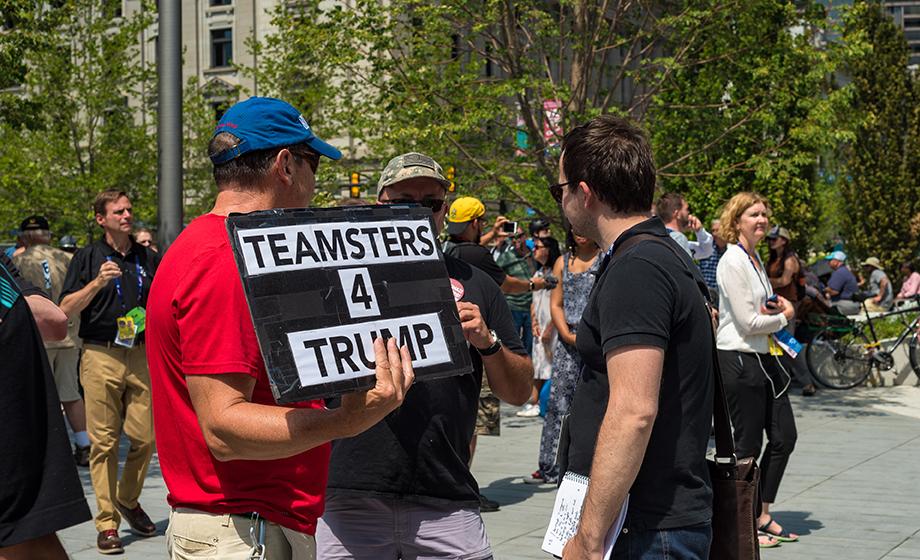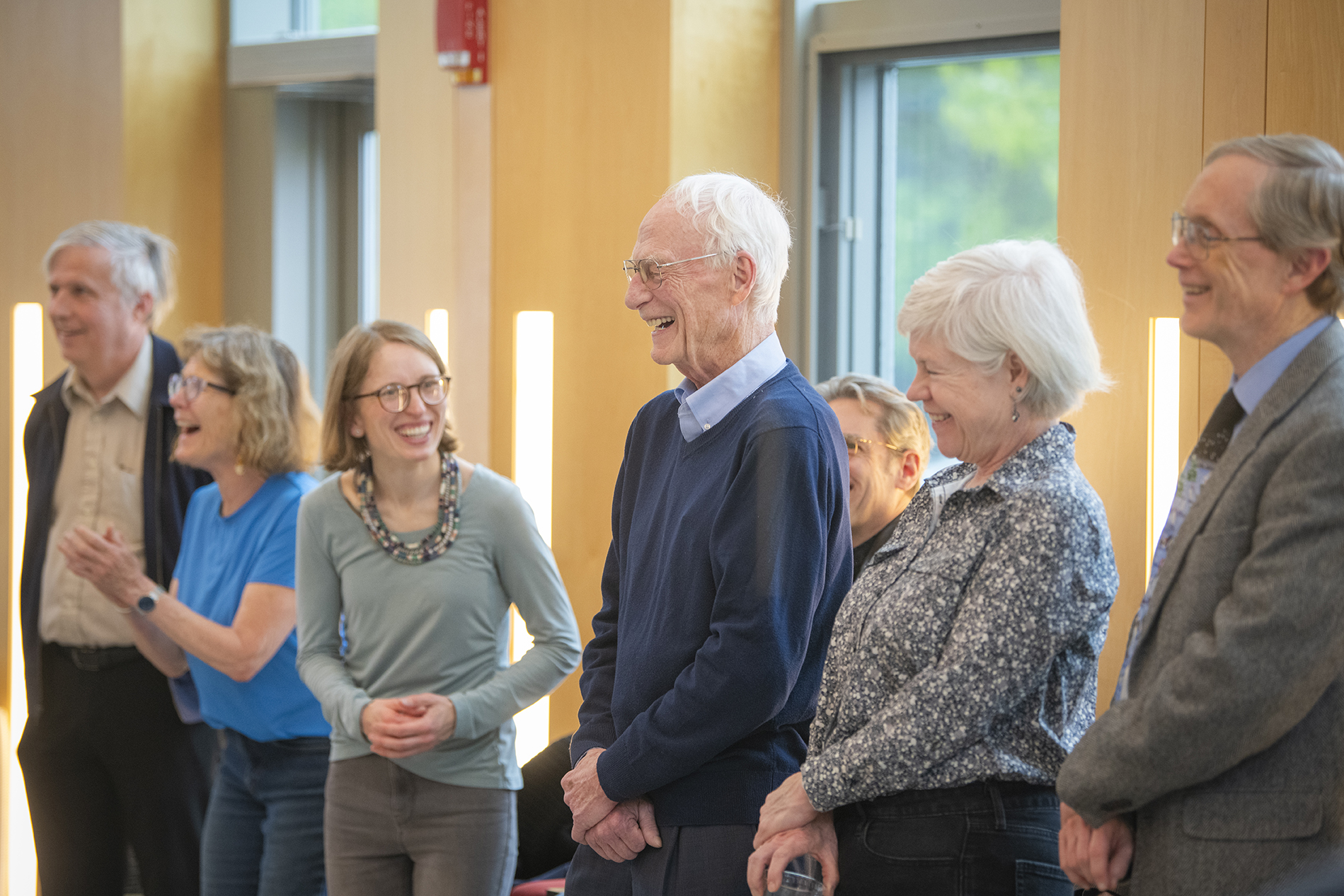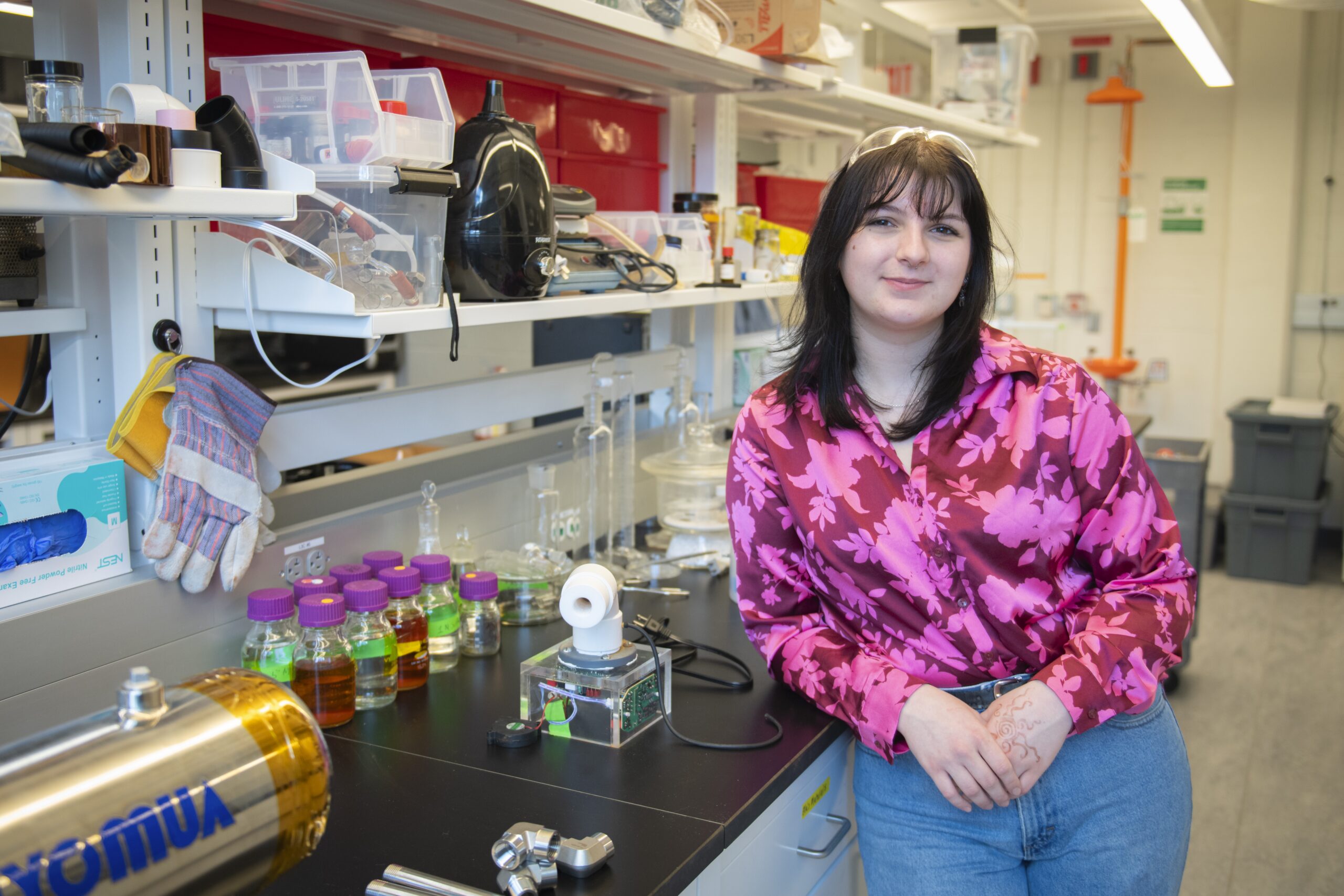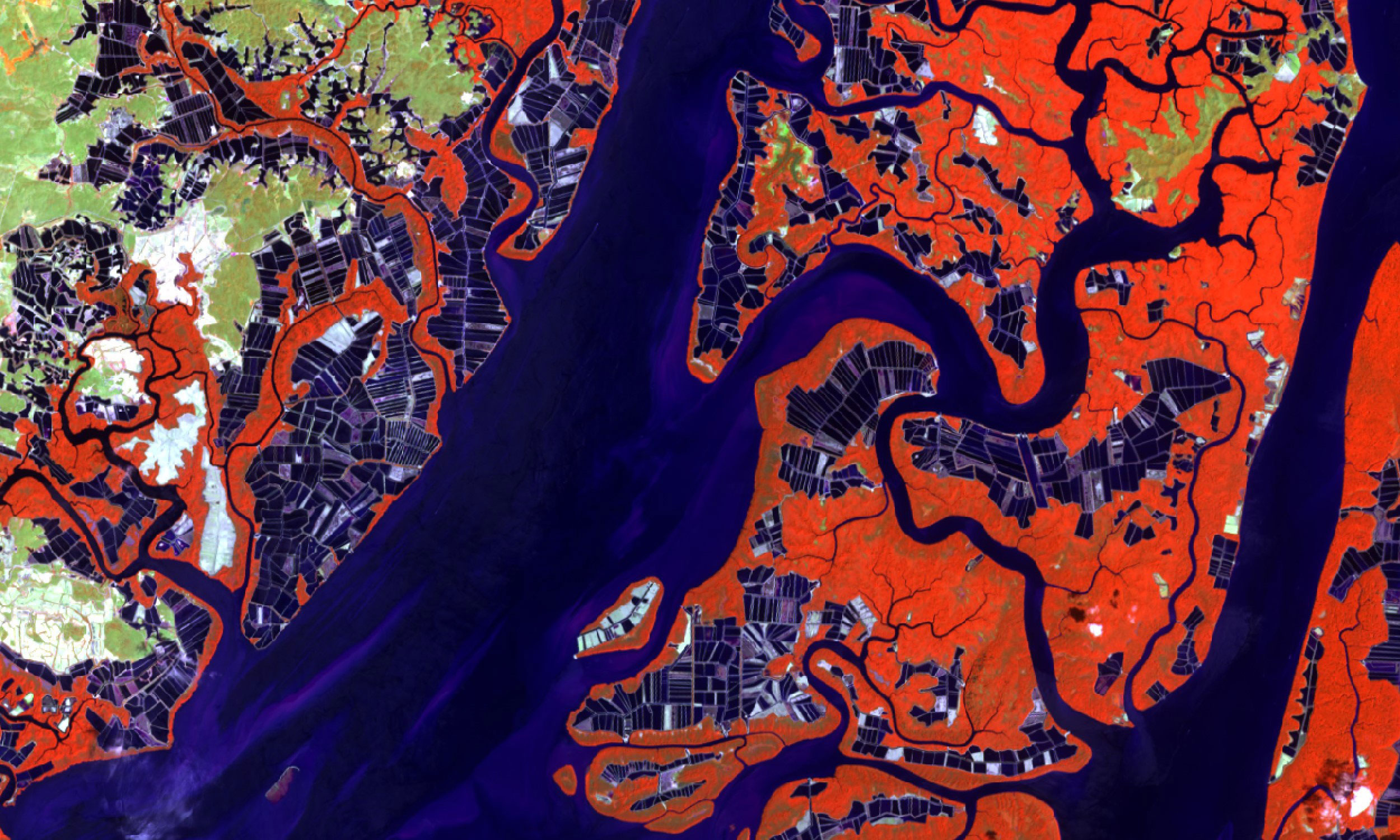As President Trump and other global leaders headed to the World Economic Forum in Davos, Switzerland, two international publications featured timely articles by Yuko Aoyama, associate provost, dean of research and professor of geography at Clark University, and three Clark geography alumni, examining the backlash against globalization.
The Cambridge Journal of Regions, Economy and Society published “Globalisation, Uneven Development and the North–South ‘Big Switch,’ ” this week. Aoyama is a co-author on the article with Rory Horner, M.A.’11, Ph.D.’13, of the University of Manchester’s Global Development Institute; Seth Schindler, Ph.D.’13, of the University of Sheffield’s Department of Geography; and Daniel Haberly, Ph.D.’12, of the University of Sussex’s Center for Global Political Economy.
The four authors discuss their findings in an article published Thursday in The Conversation, “How Anti-Globalisation Switched from a Left to a Right-wing Issue – and Where it Will Go Next.”
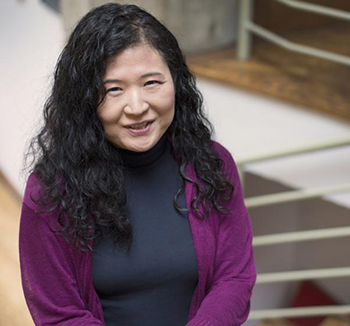
“In the 1990s the anti-globalization movement opposed neoliberal economic integration from a range of perspectives, with a particular emphasis on the Global South,” they write in The Conversation. “The movement was populated by activists, non-governmental organizations and groups with a variety of concerns: peace, climate change, conservation, indigenous rights, fair trade, debt relief, organized labor, sweatshops, and the AIDS pandemic.
“Economic globalization in the 21st century has evolved in ways that neither its extreme proponents nor its most vocal critics predicted. A big switch has occurred, and today’s backlash against globalization emerged from concerns about its impacts in the Global North.”
The authors explore the roots of economic decline and stagnation in the United States and Global North, along with the economic shifts in the Global South, where countries like China and India have seen a rising middle class. They urge readers not to forget the marginalized poor of the Global South.
“A key lesson from the late 20th century is to be wary of wholesale attacks on, and sweeping defenses of, 21st century economic globalization,” they conclude. “In light of the difficulties of establishing solidarity between ‘losers’ in different parts of the world, the challenge of our times is for an alter-globalization movement which addresses all of them.”
Delve deeper into their analysis in The Conversation and The Cambridge Journal of Regions, Economy and Society.
Aoyama is an economic/industrial geographer with expertise in globalization, industrial organization, technological innovation, and cultural economy. She is author, with Balaji Parthasarathy, of the 2016 book, “The Rise of the Hybrid Domain: Collaborative Governance for Social Innovation.”


